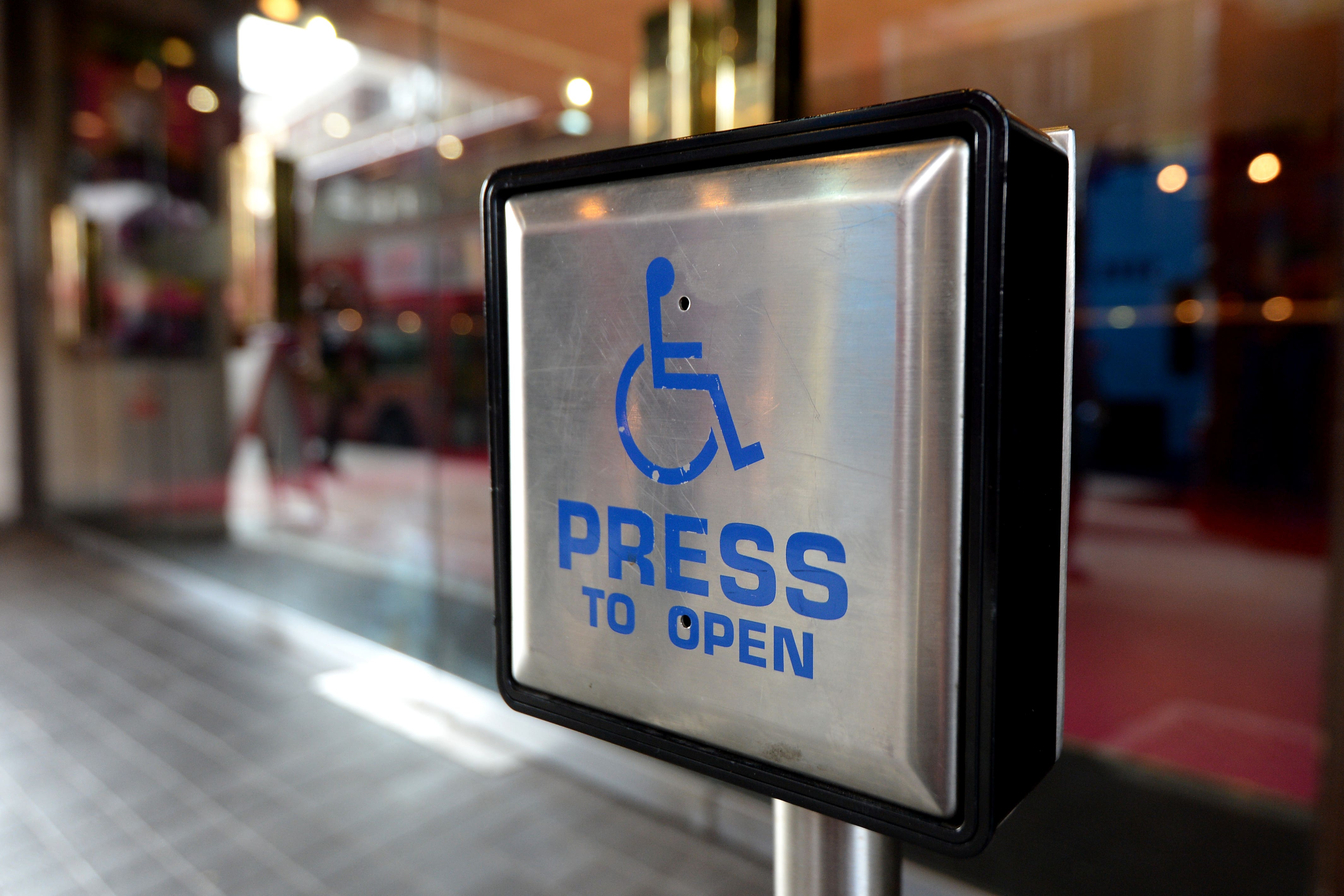No new dedicated disabled people’s minister but No 10 says role not downgraded
Disability groups had voiced concerns over how long the ‘vital’ role might be left vacant.

Your support helps us to tell the story
From reproductive rights to climate change to Big Tech, The Independent is on the ground when the story is developing. Whether it's investigating the financials of Elon Musk's pro-Trump PAC or producing our latest documentary, 'The A Word', which shines a light on the American women fighting for reproductive rights, we know how important it is to parse out the facts from the messaging.
At such a critical moment in US history, we need reporters on the ground. Your donation allows us to keep sending journalists to speak to both sides of the story.
The Independent is trusted by Americans across the entire political spectrum. And unlike many other quality news outlets, we choose not to lock Americans out of our reporting and analysis with paywalls. We believe quality journalism should be available to everyone, paid for by those who can afford it.
Your support makes all the difference.Charities have described the decision not to appoint a new dedicated minister for disabled people as an “appalling and retrograde move”.
It is understood a member of Government who already has other responsibilities will take on the brief.
The previous role-holder, Tom Pursglove, was made minister for legal migration earlier this month.
This is an appalling and retrograde move by the Government
Downing Street on Thursday rejected a suggestion that the move to make two ministers responsible for migration but no one solely for disabilities amounted to “downgrading” the role of minister for disabled people.
Following Robert Jenrick’s resignation as immigration minister over the Government’s Rwanda plan, Prime Minister Rishi Sunak split ministerial responsibility for legal and illegal migration.
Alongside Mr Pursglove as minister of state for legal migration and the border, Michael Tomlinson – who was previously solicitor general – is minister of state for countering illegal migration.
Disability groups had voiced concerns over how long the minister for disabled people role might be left vacant and have reacted with outrage now that a dedicated minister will not be put in place.
With an existing minister taking on the job, a No 10 spokesman rejected suggestions this was a “downgrading” of the role.
“We will have a minister for disabled people who will lead on that important work,” the spokesman said.
Despite making up almost a quarter of the population, disabled people are yet again being treated like they don't exist
Pressed on the fact that the minister will not be dedicated solely to disability issues, he said: “What you will continue to see is a Government showing strong support for disabled people and for disabled issues.”
Disability charity Sense said the job of minister for disabled people is “a vital role in Government to ensure disabled people’s interests are represented” and insisted it should not be taken on by someone who is “already juggling other responsibilities”.
Disability equality charity Scope described the change as “an appalling and retrograde move by the Government”.
Its director of strategy, James Taylor, added: “What kind of message does this give to Britain’s 16 million disabled people? That – in the middle of a cost-of-living crisis – we are now less important?”
Anastasia Berry, policy co-chair of the Disability Benefits Consortium, said she is “appalled” by the move.
She said: “Despite making up almost a quarter of the population, disabled people are yet again being treated like they don’t exist.”
Stephen Kingdom, campaign manager for the Disabled Children’s Partnership, said: “The decision not to appoint a minister shows the attitude of Government to disabled people, including disabled children, who are amongst the most vulnerable in society and who need a voice in Government and in the heart of policy making.”